
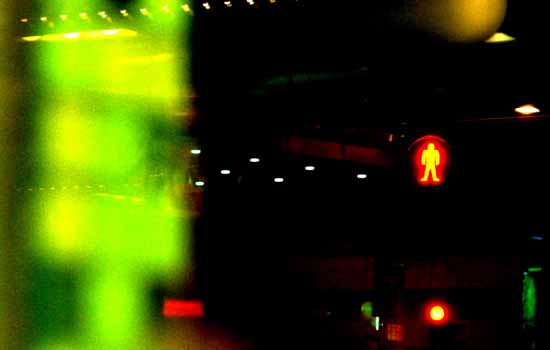 |
| (File Photo) |
The spray of glass whooshed up my nose.
I don't remember that moment - or the three days that followed.
My family, largely citing the newspaper, filled me in.
I was 16 and riding shotgun when a friend zipped through a red light. This caused the first car to T-bone the passenger door. The trajectory of that rammed us head-on into a pickup truck.
The passenger side - and especially its windows - imploded on me as the first collision's epicenter.
To this day, scars dribble from my nostril, and my septum is "deviated" - the clinical term for crooked.
The driver, Dave, later recalled shrieking at the sky, clutching my juddering body until the ambulances arrived. He thought he'd killed his best friend.
I don't remember that. He'll never forget it.
The first thing I remember is coming to days later, with family and many friends stooped over, staring at me.
I asked them what had happened. Apparently, I'd been doing so for the past three days - several times a minute, without recalling what they'd said seconds before. I'd also been asking for "softies" - a word I apparently made up as my brain swelled to describe a milkshake.
They told me I'd been in a car accident and sustained a concussion. I also had lacerations and stitches fastening my nose, mouth and hands, and broke my nose and cheekbone.
A month later, surgeons extracted a pinky-finger-sized shard of glass wedged in my nasal passage. That was a surprise to us all. While I'll likely never remember the pain of the crash, I'll certainly never forget the agony of that operation.
From the moment I left the hospital, I swore I'd never get into a car without a seatbelt. Nobody does in the United States, anyway.
Then, I arrived in China and did so every day for the past seven years.
I even forget to buckle up when I visit the US, until family and friends gloweringly remind me.
But all of that changed last week in Beijing.
That's not because I've suddenly realized the virtues of seatbelts to which I'd avowed after the accidents, without which, I doubt I would have survived.
Actually, I realize I'd forgotten that pledge and the collisions' trauma in general - something that astonishes me upon re-visitation.
Rather, it's because the taxi drivers have been demanding I buckle up in the past few days because of new seatbelt law enforcement.
This new rule - or, at least the execution of old laws - has resuscitated memories of this crash when I was 16.
It also forces me to recall when I mistook a two-way for a four-way stop, after dropping off at work my girlfriend - now my wife and mother to our daughter - weeks before leaving for China.
The airbag punched me in the face, and fluid from the car's guts slapped my eyes. My Saturn's front was divided into a fraction of its former form.
I stepped out dazed and terrified but with only a goose egg and whiplash.
It's extremely unlikely I would have survived being ricocheted against that car going 105 km/h if I hadn't been wearing my seatbelt.
So, like when I was a teen, I emerged alive from that crinkled shell of a car.
Yet, when we came to China, both my wife and I, from day one, got used to the unbuckled culture. And, aside from vehicles, we enjoyed the freeriding, unrestrained character of the country.
We still do.
But, ultimately, and especially since our 16-month-old daughter often rides in cabs with us, I'm happy to see this new law for her, and for everyone, including myself.
I reset everything I knew when I arrived here to adapt.
But I realize I'd forgotten some vital lessons I've learned back home that are worth remembering.
And that's steering me in a new direction.
After all, if I hadn't been wearing my seatbelt at those two moments - which were as unexpected as any might be - I likely wouldn't have lived to come to China to remember why I used to feel so adamantly about wearing it in the first place.
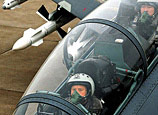
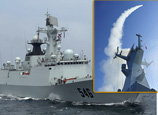
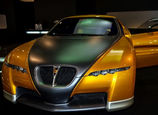
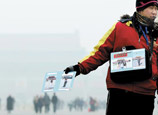




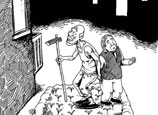







 Photos: A hard and happy day of a 'gold' confinement
Photos: A hard and happy day of a 'gold' confinement


![]()
